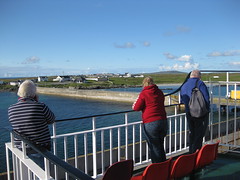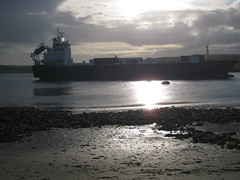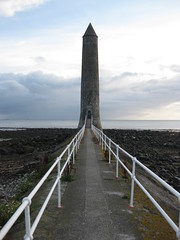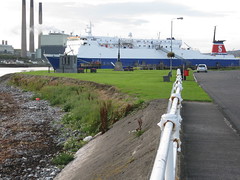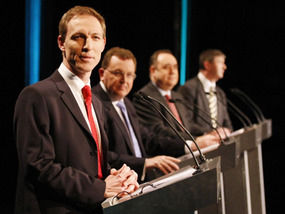The most important reason for a ‘Yes’ vote in the upcoming Scottish independence referendum is the potential for a new nation that is a beacon of a fairer, greener and more inclusive society. This would ultimately be to the good of the whole of the UK.
However, I’ve also noted a general lack of comprehension by many south of the border who struggle to understand the desire for Scottish Independence.
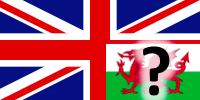 This was voiced a few days ago in a Facebook thread and this was my response as a Welshman living north of the border.:
This was voiced a few days ago in a Facebook thread and this was my response as a Welshman living north of the border.:
As a Welshman I have always had a romantic nationalist edge, but also felt a strong British patriotism.
However events over the years, and not least the referendum campaign have hardened this. Again and again Westminster politicians tell us that Scotland is better with England, as if Wales and Northern Ireland did not exist.
I have heard this language all my life: in the 50th anniversary celebrations of the second World War, in numerous debates in immigration, in company registration (registered in Cardiff, a company in England and Wales, but subject to *English* law), … and has been noted several times the Bank of England.
The difference in this campaign is that this is when politicians are supposed to be being careful of their language. We even had the government lawyer explaining that the separated rUK and Scotland would not be equally parts of a previous single nation when looking towards external international bodies, not based on measures such as the population (reasonable), but because really and legally Scotland was never a partner country in a union, but was always amalgamated unto England.
There have been hundreds of years to sort out these things, but it has not happened yet, what chance for the next 100 years?
As a child I was pedalled a lie.
There never was, and never will be a Britain.
As a Welshman, I am as British as Indians were in the ‘British Empire’.
Within the UK I always have been, and always will be, a second class citizen.
In contrast to this Scotland (despite sectarian tensions that erupt occasionally in Celtic-Rangers crowds) accepts incomers as was amply demonstrated in the difference between the spitting bigotry of the Westminster leaders’ debates at the last General Election compared with the far more civilised, cultured,and above all inclusive Scottish leaders’ debate, with all parties, including the Scottish Conservative leader, praising the richness through diversity and immigration.
Whether it is a ‘Yes’ or a ‘No’, the shape of the UK will change fundamentally tomorrow.
If it is ‘No’, I hope the UK will eventually wake up to the fact that it is a nation of nations.
If it is ‘Yes’, then I know, that even as a Welshman far from my birthplace, I will be in a country where I can feel at home.
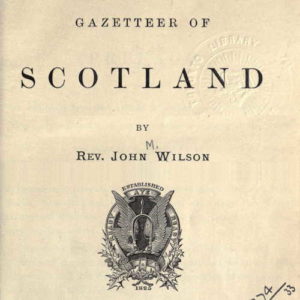
 This was voiced a few days ago in a Facebook thread and this was my response as a Welshman living north of the border.:
This was voiced a few days ago in a Facebook thread and this was my response as a Welshman living north of the border.: